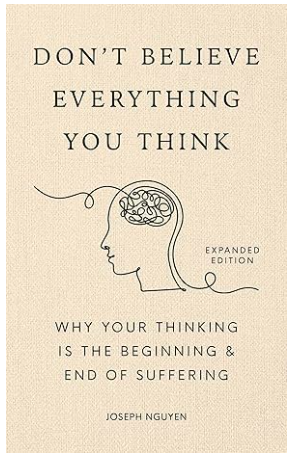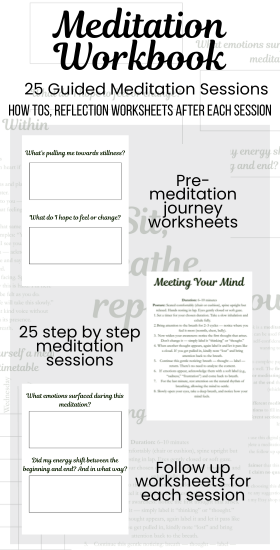When it comes to anxiety, there are so many myths floating around that it can feel hard to separate fact from fiction. These misunderstandings don’t just confuse people—they can make those living with anxiety feel even more isolated. So, I’ve put together a quick myth-busting list to help clear the air. Think of this as a gentle reminder that what you may have heard about anxiety isn’t always true, and knowing the facts can make a big difference in how we care for ourselves and support others.

Learn how to overcome anxiety, self-doubt, and self-sabotage without needing to rely on motivation or willpower.
Myth 1: Anxiety is just being “worried” all the time.
Fact: Anxiety isn’t simply worry. It can show up in the body with racing heartbeats, sweating, muscle tension, stomach issues, or even dizziness. It’s a whole-body experience that isn’t something you can just “shake off.”
Myth 2: People with anxiety just need to relax.
Fact: If only it were that easy! While calming techniques like breathing or meditation can help, anxiety isn’t a switch you can flip off. It’s a condition tied to brain chemistry, life experiences, and sometimes genetics. Compassion works much better than advice to “just calm down.”
Myth 3: Anxiety is always bad.
Fact: A little anxiety is actually natural—it’s your body’s way of alerting you to potential challenges. It only becomes problematic when it sticks around too long, shows up too intensely, or starts interfering with daily life.
Myth 4: Anxiety only affects your mind.
Fact: Anxiety is both mental and physical. Those tight shoulders after a stressful day, the upset stomach before a presentation, or the headaches that come out of nowhere—those can all be anxiety, too.

Start doing physical exercise such as yoga, pilates, or general strength and fitness/flexibility in order to relieve some of your physical tension.
Myth 5: Anxiety means weakness.
Fact: Living with anxiety actually shows resilience. Many people with anxiety manage careers, relationships, families, and goals while carrying extra mental and physical weight. Recognizing it and learning coping tools is a sign of strength, not weakness.








